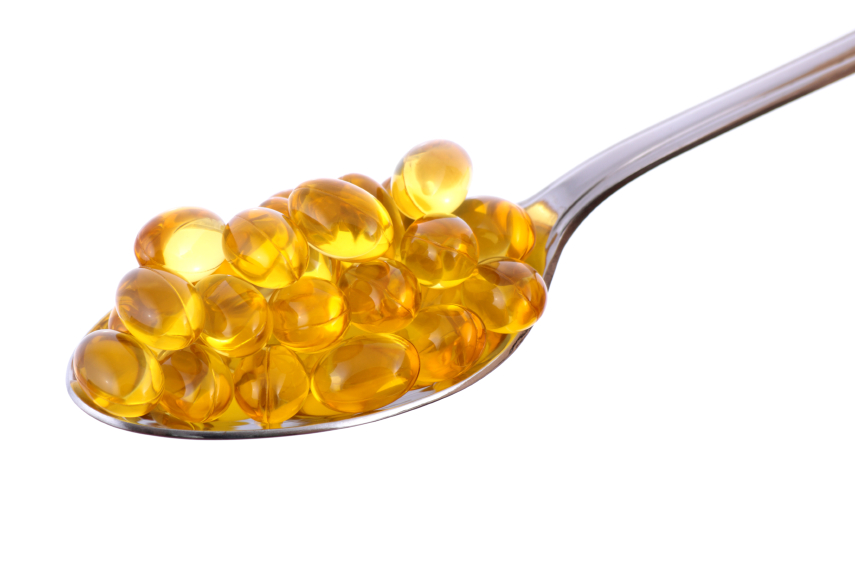Lupus nephritis, kidney inflammation disease and role of systemic lupus erythematosus
 Systemic lupus erythematosus (SLE) is an autoimmune disease found to play a role in lupus kidney disease and inflammation of the kidney. When lupus affects the kidneys it is known as lupus nephritis. This can result in kidney problems linked to kidney damage known as glomerulus.
Systemic lupus erythematosus (SLE) is an autoimmune disease found to play a role in lupus kidney disease and inflammation of the kidney. When lupus affects the kidneys it is known as lupus nephritis. This can result in kidney problems linked to kidney damage known as glomerulus.
Lupus glomerulonephritis (LGN), when lupus is associated with glomerulus damage, can range in severity and is detected with a biopsy. LGN occurs when antibodies and proteins build-up in the kidneys causing inflammation. A biopsy of the kidney can better help determine the type of LGN and better predict the course of the kidney damage.
Over one-third of lupus patients get lupus nephritis
 Research has found that lupus nephritis is a common lupus complication affecting 38.3 percent of patients. Researchers have found that patients with lupus nephritis have a greater risk of end-stage renal disease and death. Furthermore, patients were more likely to be male, younger and of non-Caucasian ethnicity.
Research has found that lupus nephritis is a common lupus complication affecting 38.3 percent of patients. Researchers have found that patients with lupus nephritis have a greater risk of end-stage renal disease and death. Furthermore, patients were more likely to be male, younger and of non-Caucasian ethnicity.
Dr. Kyriakos Kirou told Medscape Medical News, “One thing this study should emphasize is that people with lupus should be checked for lupus nephritis, and make sure they have regular follow-up if they do have lupus nephritis. It’s very important to treat early and aggressively. I don’t necessarily mean to give more medicine, but better follow-up.”
Researchers examined 1,827 newly diagnosed patients of lupus enrolled in the Systemic Lupus International Collaborating Clinics. Patients came form Europe, the U.S., Canada, Mexico and Asia and all received standard care.
Researchers found patients with lupus nephritis had more incidences of hypertension, serositis, neurological disorders, and immunological disorders, but they were less likely to have mucocutaneous disease, arthritis, and antinuclear antibodies. Lastly, patients with lupus nephritis had the lowest scores when it came to overall quality of life.
Signs and symptoms of lupus nephritis
Symptoms associated with lupus nephritis can be mild and not appear dramatic. Initial symptoms of lupus nephritis can involve swelling of the legs, ankles and feet. Less common is swelling of the face or hands. Other symptoms of lupus nephritis include:
- Weight gain
- High blood pressure
- Dark urine or blood in urine
- Foamy, frothy urine
- The need to urinate during the night
Stages of lupus nephritis
Lupus nephritis occurs in five stages, and the World Health Organization created a system to classify each one. Stages of lupus nephritis are:
Stage 1: no evidence of lupus nephritis present.
Stage 2: mild form, can be treated with corticosteroids.
Stage 3: early stage of advanced lupus, treatment with high doses of corticosteroids, outlook still favorable.
Stage 4: advanced stage of lupus, risk of kidney failure has increased, treatment involved high amounts of corticosteroids along with immune suppression medications.
Stage 5: excessive protein loss and swelling, treatment still possible with high amounts of corticosteroids, immune-suppressing drugs may not be given.
Diet tips for lupus kidney disease
As always, diet can play a role in many conditions and lupus kidney disease is no different. Similar to patients with kidney disease, those with lupus kidney disease should avoid excess salt, stick with low protein, high calories and high vitamins. A diet in this style is less stressful on the kidneys.
 Here are other foods patients with lupus kidney disease should be consuming.
Here are other foods patients with lupus kidney disease should be consuming.
- Foods with anti-inflammatory properties like fruits and vegetables, fish, ground flax seed, olive oil
- High quality protein like milk, fish, and eggs
- Calcium-rich foods
On the other hand, there are foods that people with lupus kidney disease should avoid, including:
- Saturated fats like red meat, high-fat dairy and animal fats
- Alfalfa sprouts, which can send the immune system into overdrive
- Nightshade vegetables including tomatoes, potatoes, peppers and eggplant
Diagnosis and treatment of lupus nephritis
There are three main ways lupus nephritis is diagnosed which are:
Urinalysis: urine is collected in a special container where is it sent to a lab for testing.
Blood test: blood is drawn at a clinic and sent to a lab for further analysis. The blood will reveal levels of creatinine, which is the waste product of broken down muscle that becomes excreted from the kidneys.
Biopsy: a small tissue sample of the kidney is removed and analyzed. Not only will a biopsy diagnose lupus nephritis, but it can determine the progression of the disease as well.
Natural ways to treat lupus nephritis include:
 Drinking plenty of fluids
Drinking plenty of fluids- Eating a low-sodium diet
- Avoiding smoking and drinking alcohol
- Exercising
- Maintaining normal blood pressure – a low-sodium diet can help with this
- Limiting cholesterol
- Avoiding medications which can be harsh on the kidneys like nonsteroidal anti-inflammatory drugs (NSAID)
In some cases a doctor may also recommend a low potassium diet if loss of kidney function has occurred. With proper treatment a patient can lower their risk of kidney failure related to lupus nephritis.
Sodium-potassium balance in diet critical in chronic kidney disease prevention
There are a number of chronic kidney disease risk factors, but a lot of nutritional research shows that a chronic kidney or CKD diet that takes sodium and potassium intake into careful consideration, can make a big difference in keeping kidneys healthy. Continue reading…
-
Are Raspberry Ketones Effective and Just What Are They?
For numerous companies, weight loss came to be a significant busi
-
Eat More Fiber, Lose More Weight
When I was a little girl I would say, “Grandma, my tumm
-
Proper Exercise for Losing Weight
A lot of us live our lives like penned a
-
Fat Loss 4 Idiots Review – Review On Fat Loss 4 Idiots Program
Do you love to eat but need to lose weight? Are you conscious about yo
-
5 Foods that FIGHT Abdominal Fat
5 Foods that FIGHT Get Started Immediate
-
Doing Exercises To Drop Some Weight Helpful Tips And Methods
Losing weight can only be accomplished w
- DON'T MISS
- Weight Loss Calculator: How Many Calories Do You Need?
- Weight-loss surgery reduces brains sugar addiction
- An Apple A Day - Really Does Keep The Doctor Away
- 4 Ways To Lose Weight (And Keep It Off)
- Easy Weight Loss Tips - 3 Weight Loss Tips
- Cycle Your Way To Weight Loss
- Does An Alkaline Diet Help You Lose Weight A Review Of The Evidence
- It Is Possible To Sleep Your Way To Weight Loss! We’ll Tell You How!
- Weight Loss - A Look At Raspberry Ketone Extract As A Weight-Loss Supplement
- Using the Concept of Muscle Confusion for Weight Loss




